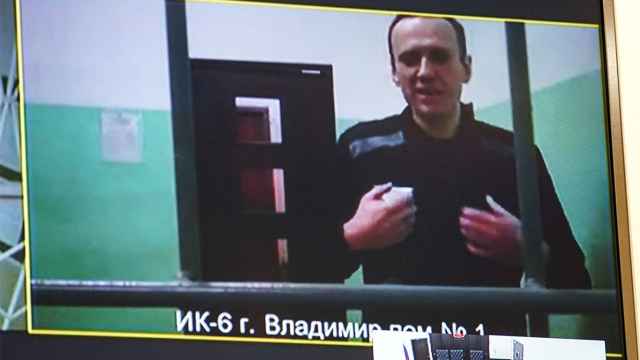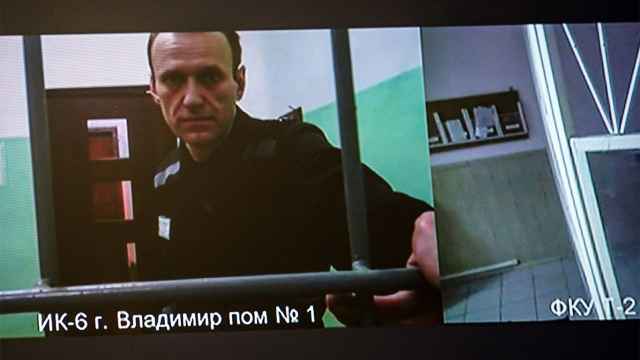Jailed Russian opposition activist Alexei Navalny on Monday accused prison officials of withholding letters from his wife over claims that they contained “signs of preparation for a crime.”
Navalny, who is being held in a high-security prison colony some 250 kilometers east of Moscow, said he has received daily updates from prison administrators that they cannot deliver Yulia Navalnaya’s letters to him.
“The correspondence was seized by the [prison] censor because it contained signs of preparation for a crime,” the 47-year-old Navalny wrote on the social media website X (formerly Twitter).
The jailed activist jokingly said that he had asked his wife to “stop preparing crimes! Instead, cook a borscht for the kids.”
“However, she can't stop. She continues to invent new crimes and keeps writing to me about them in letters,” he continued.
Earlier in November, Navalny said the administration of Penal Colony No. 6 in the Vladimir region used the same crime-prevention argument to seize 15 letters both addressed to and written by him.
Last month, Navalny refused to attend a court hearing inside his prison to protest being deprived of writing materials, his only means of communication with the outside world.
Navalny, who has been in and out of solitary confinement for months, was placed in a small “isolation cell” in retaliation. His allies say this was his 21st time in solitary confinement since being jailed on fraud charges in 2021.
A court inside the penal colony in August increased Navalny’s sentence to 19 years on charges of creating an “extremist” organization.
He will soon be moved to a "special regime" colony, the harshest type of prison reserved for Russia's worst criminals, which will severely limit his contact with lawyers and family.
A Message from The Moscow Times:
Dear readers,
We are facing unprecedented challenges. Russia's Prosecutor General's Office has designated The Moscow Times as an "undesirable" organization, criminalizing our work and putting our staff at risk of prosecution. This follows our earlier unjust labeling as a "foreign agent."
These actions are direct attempts to silence independent journalism in Russia. The authorities claim our work "discredits the decisions of the Russian leadership." We see things differently: we strive to provide accurate, unbiased reporting on Russia.
We, the journalists of The Moscow Times, refuse to be silenced. But to continue our work, we need your help.
Your support, no matter how small, makes a world of difference. If you can, please support us monthly starting from just $2. It's quick to set up, and every contribution makes a significant impact.
By supporting The Moscow Times, you're defending open, independent journalism in the face of repression. Thank you for standing with us.
Remind me later.






